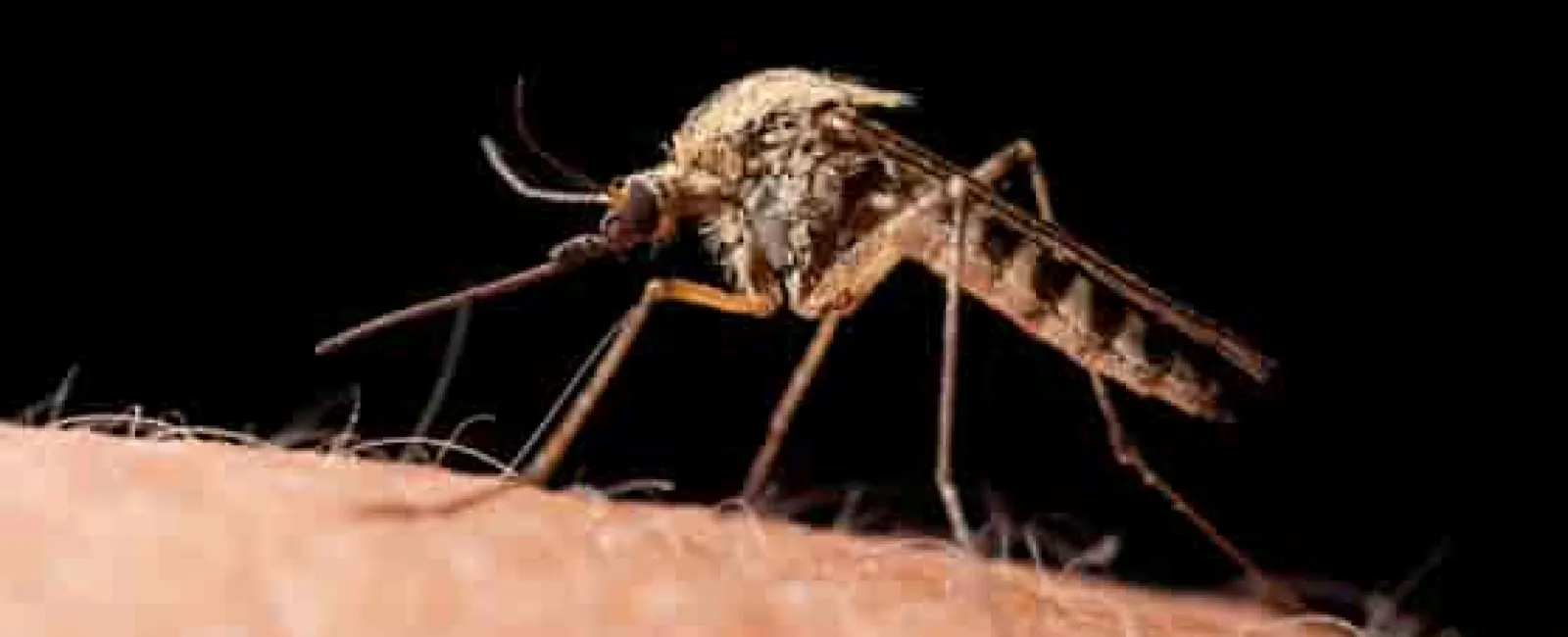
Joel the Pest Nerd
ESSENTIAL OILS FOR BUG-REPELLENT
Along with providing a pleasing sensory experience, essential oils possess several practical applications. According to Medical News Today, many of these special oils "have been found to have various degrees of antimicrobial activity and are believed to have antiviral, nematocidal, antifungal, insecticidal, and antioxidant properties." Among their many benefits, several can also offer you some natural pest protection!
Below, you will find a list of well-known essential oils with insect-repellent properties and tips for applying them.
INTRODUCTION TO NATURAL INSECT REPELLENTS
As the world becomes increasingly aware of the importance of environmental protection and human health, the demand for natural insect repellents has grown significantly. Essential oils, derived from plants, also known as plant essential oils, have been recognized as a viable alternative to synthetic insect repellents. Natural essential oils not only repel mosquitoes but also deter a variety of other insects, offering a safer and more eco-friendly solution. In this section, we will explore the world of natural insect repellents, focusing on essential oils and their potential to keep pesky bugs at bay.
UNDERSTANDING ESSENTIAL OILS
Essential oils are highly concentrated plant extracts that have been used for centuries for their medicinal, therapeutic, and insect-repelling properties. These oils are typically obtained through steam distillation or cold pressing, and they contain a complex mixture of chemical compounds that contribute to their unique aroma and properties. The chemical composition of each essential oil determines its specific benefits and uses. Essential oils can be used in various ways, including topical application, inhalation, and incorporation into insect repellent products. Their versatility and natural origin make them an appealing choice for those looking to avoid synthetic chemicals.
7 ESSENTIAL OILS THAT REPEL INSECTS
Rosemary
Mosquitoes have an aversion to rosemary, so this will be one of your go-to oils for hiking and lake activities. According to numerous studies, this scent is also perfect if you feel a need for more energy and a quick "mental refresh,"
Thyme
Thyme has mosquito-repellent properties that even surpassed DEET in one study. This essential oil also helps repel chiggers and ticks. Thyme has strong antimicrobial properties and has been used in multiple medicinal remedies throughout history.
Citronella
You can wear this lemony, grassy-floral scent to keep away fleas and mosquitoes. Just keep in mind that you'll need to reapply it more often throughout the day than you would a repellent containing DEET. You also can place citronella-infused sachets around your kitchen and closet to ward off moths and cockroaches.
Sage
This herb offers a uniquely invigorating smell that many describe as healing and cleansing. Numerous studies have revealed the antibacterial and mood-boosting properties of clary sage in particular. When it comes to keeping away bugs, you can wear sage essential oil to repel chiggers, flies, and ticks.
Lavender
Lavender has become synonymous with relaxation in contemporary culture. In its various forms (aromatherapy, tea, topical treatments, etc.), this plant promotes improved sleep, mood, and digestion. Lavender essential oil has the additional perk of warding off fleas, flies, mosquitoes, and ticks, helping to prevent mosquito bites or other annoying bites.
Peppermint Oil
Peppermint essential oil might just be the holy grail of natural pest repellents to leave around your home's entry points, as it can help keep away ticks, spiders, roaches, moths, flies, fleas, beetles, and ants. Use sachets of this oil near your doors and windows or try making a diffuser or spray.
Lemon Eucalyptus Oil/Lemongrass Oil
These specific scents work wonders for repelling mosquitoes. Lemon eucalyptus oil has a naturally occurring chemical called PMD that will work to repel mosquitoes, ticks, and many other bugs, and a similar, citrus-y scent from the lemongrass oil work against pests. The fresh scent is pleasant for humans and sends pests packing!
DIY ESSENTIAL OIL INSECT REPELLENT RECIPES
Creating your own essential oil insect repellent is a simple and cost-effective way to keep mosquitoes and other insects at bay. Here are a few DIY recipes you can try:
Lemon Eucalyptus Oil Repellent: Mix 10 drops of lemon eucalyptus oil with 2 tablespoons of coconut oil and apply to skin or clothing. Lemon eucalyptus oil is known for its strong mosquito-repellent properties and is even recommended by the Environmental Protection Agency (EPA).
Citronella Oil Repellent: Combine 10 drops of citronella oil with 2 tablespoons of jojoba oil and apply to skin or clothing. Citronella oil is a popular choice for repelling mosquitoes and other insects due to its pleasant, fresh scent.
Lemongrass Oil Repellent: Mix 10 drops of lemongrass oil with 2 tablespoons of sweet almond oil and apply to skin or clothing. Lemongrass oil is effective in repelling mosquitoes and has a refreshing, citrusy aroma.
These recipes are easy to make and can be customized to suit your preferences. By using natural essential oils, you can create an effective insect repellent without the use of harsh chemicals.
WHERE CAN I APPLY ESSENTIAL OIL TO MY BODY TO REPEL INSECTS WITHOUT CAUSING SKIN IRRITATION?
Safety and Precautions
While essential oils can be a safe and effective way to repel insects, it's essential to take certain precautions to avoid skin irritation and other adverse effects. Always dilute essential oils in a carrier oil before applying to skin, as undiluted oils can cause skin irritation. Perform a patch test by applying a small amount of the diluted oil to a small area of skin and wait 24 hours to check for any adverse reactions. Additionally, consult with a healthcare professional before using essential oils if you have sensitive skin, allergies, or are pregnant. By following these safety tips, you can enjoy the benefits of essential oils while minimizing the risk of skin irritation.
TRY ESSENTIAL OILS AS NATURAL REPELLENTS
Natural insect repellents, particularly those made with essential oils, offer a safer and more environmentally friendly alternative to synthetic repellents. By understanding the properties and uses of essential oils, you can create your own DIY insect repellent recipes and enjoy the outdoors without the nuisance of mosquitoes and other insects. Remember to always follow safety precautions and consult with a healthcare professional if you have any concerns. Embrace the power of natural essential oils and take a step towards a healthier, more sustainable way to protect yourself from insect bites.

